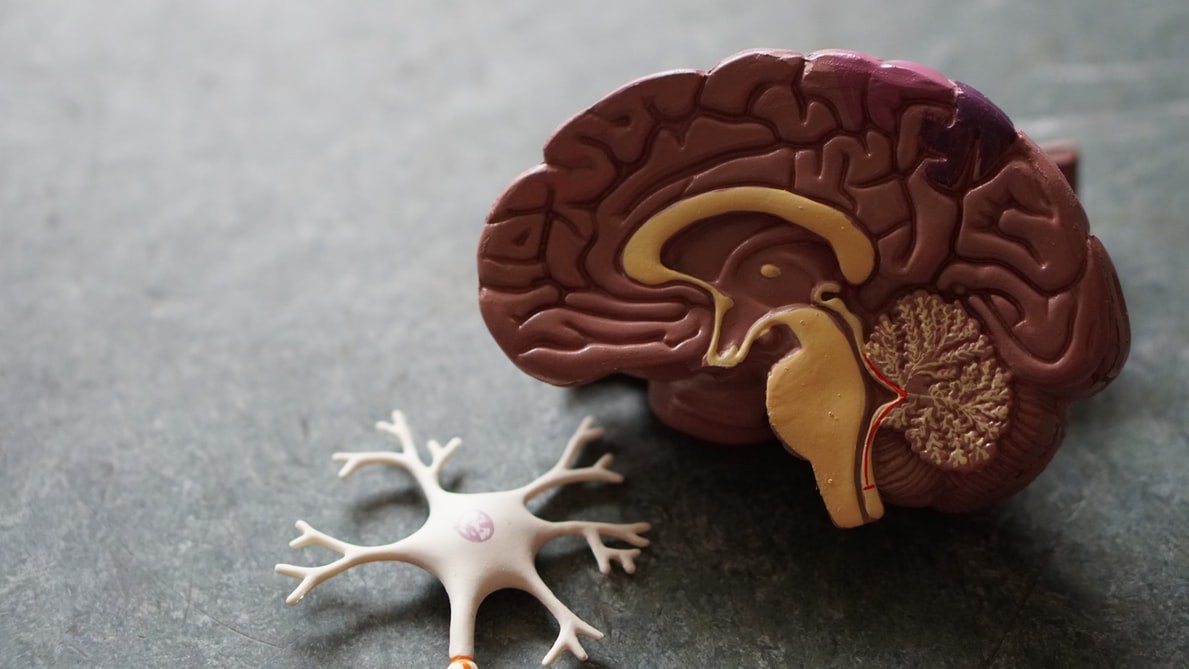
Investigational medicine for Tourette syndrome promising
Medscape highlights UC, Children's researcher's findings
Medscape highlighted new research from the University of Cincinnati and Cincinnati Children's Hospital's Donald Gilbert that found a new drug reduces tic severity in children and adolescents with Tourette syndrome (TS) without exacerbating common psychiatric comorbidities.
Previous research found the drug called ecopipam reduced the primary endpoint of tic severity scores by 30% compared to placebo after 12 weeks, but it was unknown if the drug would affect the common comorbidities of attention-deficit/hyperactivity disorder (ADHD), anxiety, obsessive-compulsive disorder (OCD) and depression that are often present.
Gilbert, MD, professor in the Department of Pediatrics in UC's College of Medicine and a pediatric movement disorders and Tourette syndrome specialist at Cincinnati Children's Hospital's Division of Neurology, presented his findings at the International Congress of Parkinson's Disease and Movement Disorders 2024.
He told Medscape the two key findings were "first, that patients with a nonmotor diagnosis like depression or ADHD did not do any worse in terms of tic efficacy; and second, we didn't find any evidence that any of the nonmotor symptoms of Tourette's got worse with ecopipam."
Featured photo at top of a model of a brain. Photo/Robina Weermeijer/Unsplash.
Related Stories
Investigational medicine for Tourette syndrome promising
October 7, 2024
Medscape highlighted new research from the University of Cincinnati and Cincinnati Children's Hospital's Donald Gilbert that found a new drug reduces tic severity in children and adolescents with Tourette syndrome without exacerbating common psychiatric comorbidities.
Could daydreaming actually be healthy for your brain?
July 11, 2024
The University of Cincinnati's Rhonna Shatz and Cincinnati Children's Stephen Becker joined WVXU's Cincinnati Edition to discuss research on how daydreaming can affect the brain of children and adults.
Medscape: New drug reduces tics in Tourette syndrome patients without major side effects
April 1, 2022
Medscape featured the University of Cincinnati's Dr. Donald Gilbert in an article about a new drug that has been shown to be effective in reducing tics in Tourette syndrome patients while causing less side effects.
